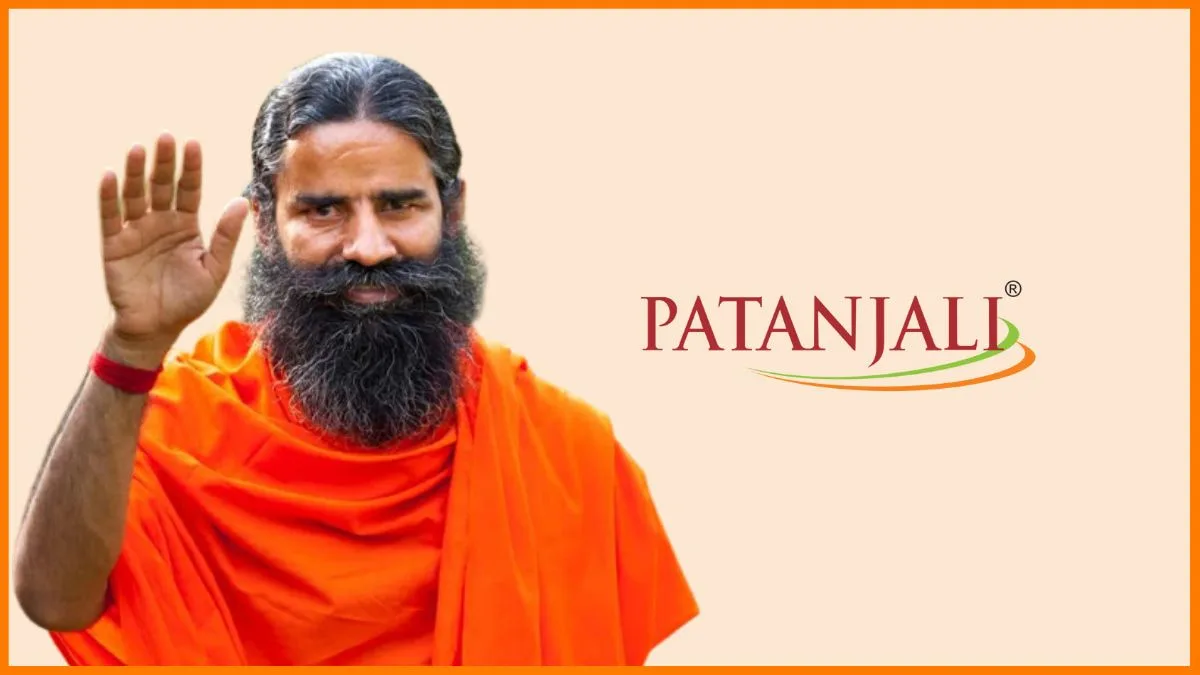
The Supreme Court of India has taken a firm stance against Patanjali Ayurved in recent months, culminating in the rejection of a second apology from the company’s founder, Baba Ramdev, and managing director Acharya Balkrishna. The apex court, including justices Hima Kohli and Ahsanuddin Amanullah, also chastised the Uttarakhand government for its inaction against Divya Pharmacy, a unit of Patanjali, for violating the Drugs and Magic Remedies (Objectionable Advertisements) Act 1954.
The Patanjali advertisement case reveals multiple layers of concern: a state government allegedly failing to enforce regulations, an ayurvedic giant facing scrutiny after years of public acclaim, and a clash between traditional and modern medical practices. Consequently, Patanjali Ayurveda emerges as ThePrint’s Newsmaker of the Week.
These developments stem from a petition filed by the Indian Medical Association (IMA), which accused Patanjali of disparaging modern medicine through its advertisements while making unsubstantiated claims about curing various ailments. The Supreme Court directed the Uttarakhand licensing authority to take action against Patanjali and demanded detailed explanations for the company’s persistent defiance.
This legal battle dates back to August 2022 when the IMA approached the Supreme Court, highlighting a concerted campaign against modern medicine professionals. Despite a rejection of their initial apology, Ramdev and Balkrishna continue to face criticism for their misleading claims.
The Drug and Magic Remedies Act prohibits the advertisement of drugs for specific diseases and disorders. Despite this, Patanjali has consistently promoted its products as remedies for conditions such as hypertension and diabetes, attracting scrutiny from medical professionals.
One significant incident triggering the IMA’s action was the launch of “Coronil,” claimed by Patanjali to be a COVID-19 treatment certified by the World Health Organization (WHO). However, the WHO denied such certification, prompting backlash from the medical community.
Dr. K V Babu, an ophthalmologist from Kerala, has been vocal about Patanjali’s misleading advertisements for years. Despite lodging complaints with various authorities, including the Ministry of Ayush and the Prime Minister’s Office, little action has been taken. Babu emphasizes the urgent need to strengthen the Drug and Magic Remedies Act to prevent exploitation of its loopholes.
The Patanjali advertisement case underscores the necessity for robust enforcement of regulations governing the promotion of medicinal products. With the next hearing scheduled, attention must be directed towards reforming legislation to protect consumers and uphold the integrity of medical practices in India.





